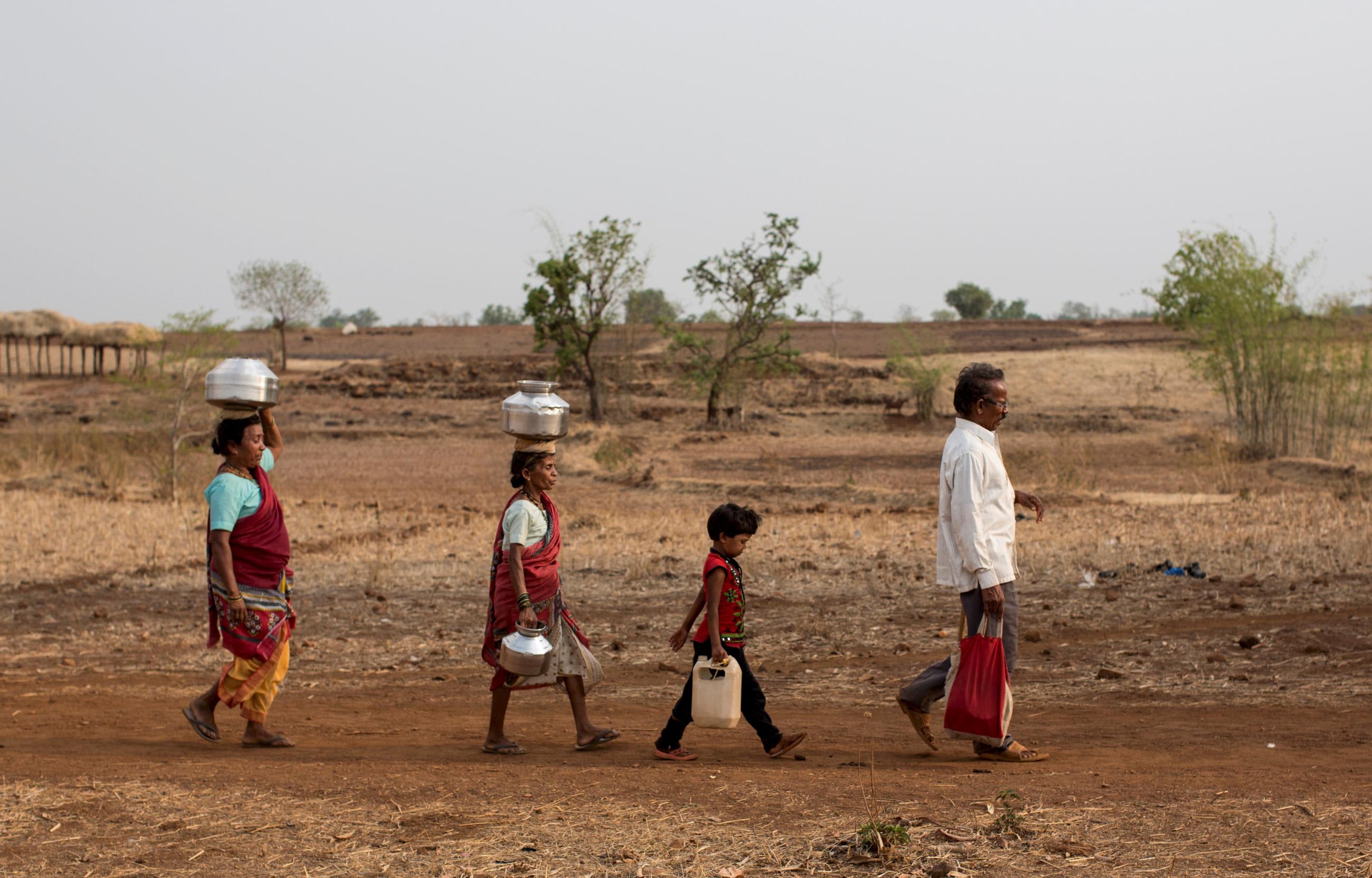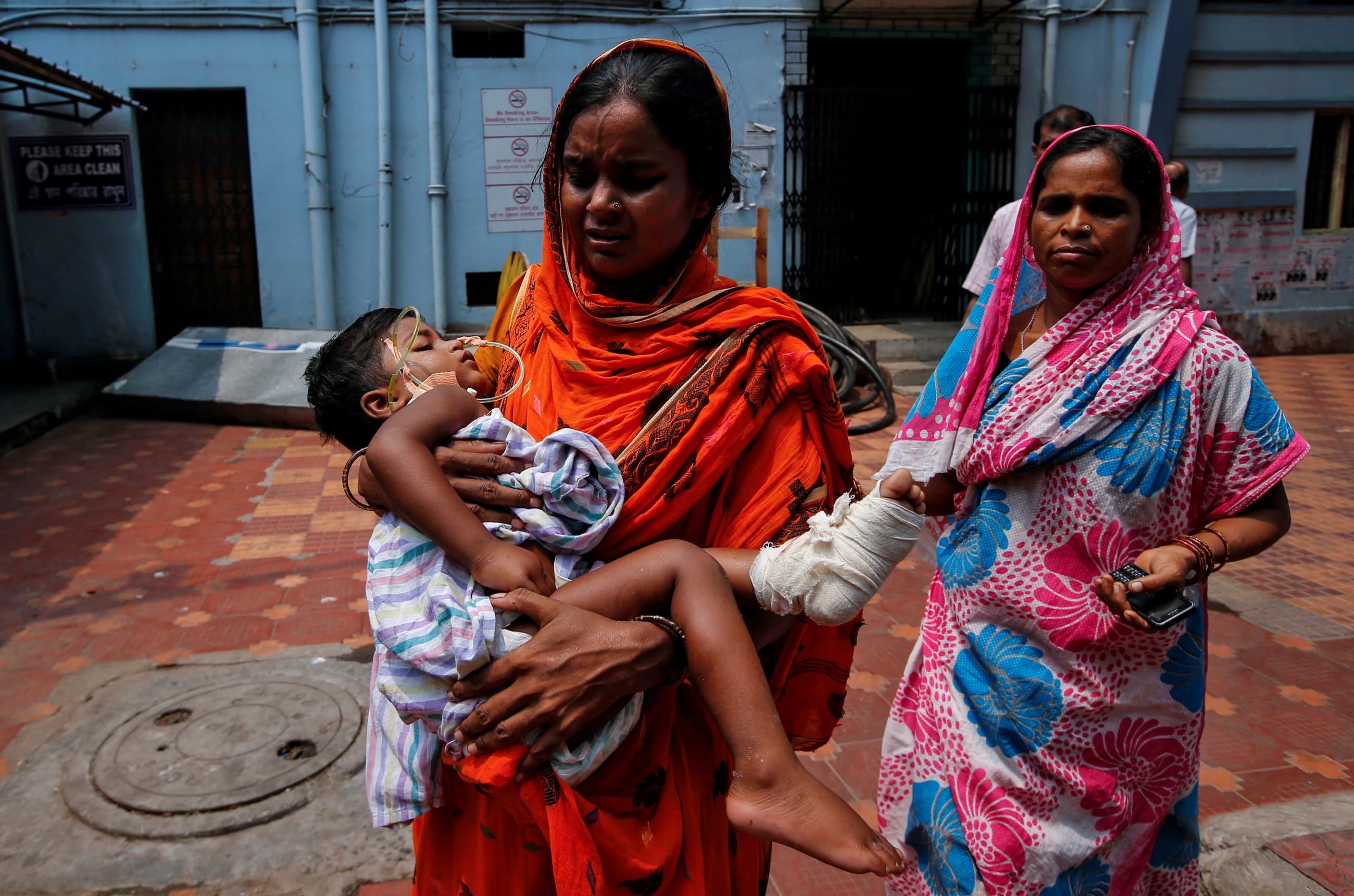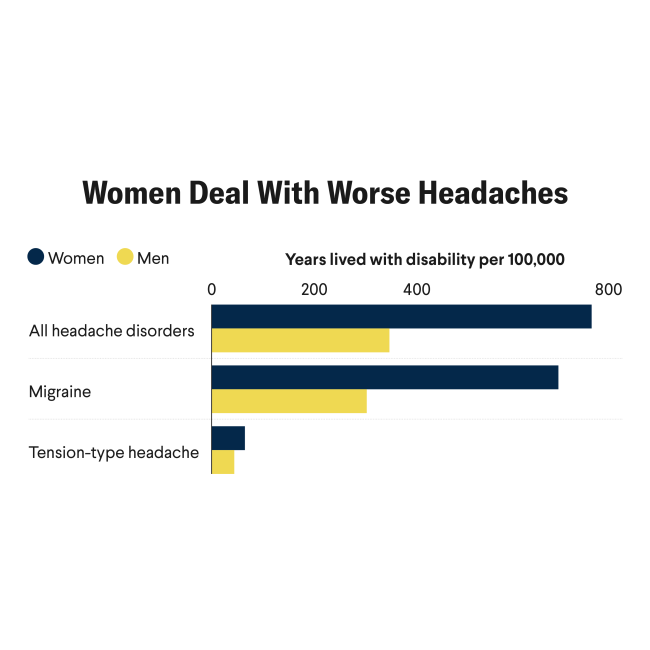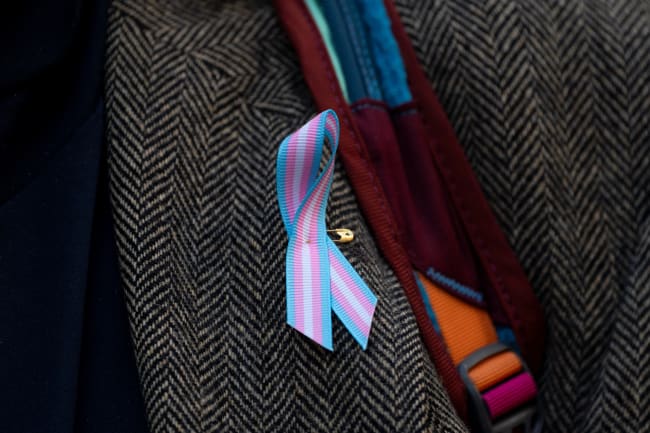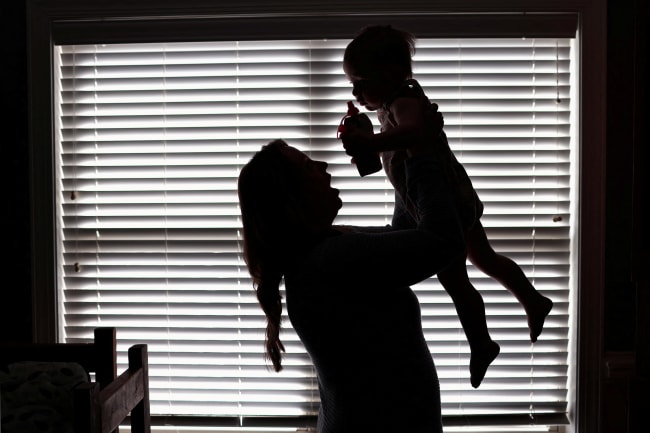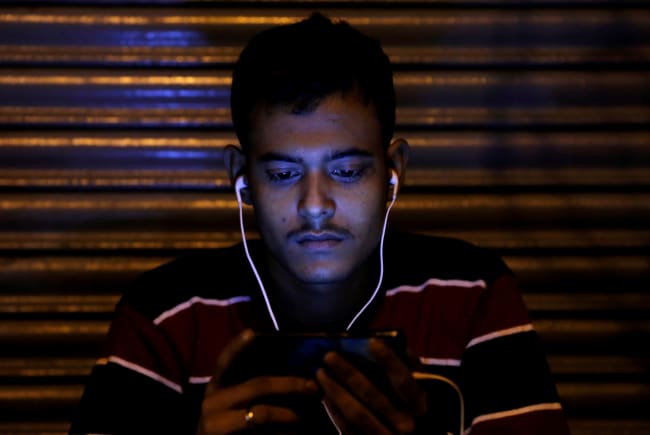One morning at the hospital in Vellore, India, where I work, I pulled aside a young woman to inquire about something worrisome the nurses had told me.
The woman was staying with her ailing mother, a sixty-year-old inpatient. The nurses said the young woman had been rude to the patient, her mother, and had shoved her on at least one occasion. When I asked about her this, she broke down in tears.
She had put her college studies on indefinite hold to care for her mother — a role she took up against her wishes because her father and brother would not. She was increasingly resentful of her mother for falling sick and derailing the trajectory of her life, but felt guilty for it and bottled up her emotions.
All over the world, sick and elderly people are cared for by family members. In many Western countries, where the norm has been for women to take on these roles whether they liked it or not, men are increasingly lending a hand. But in a patriarchal collectivistic culture such as India's, where gender roles are deeply entrenched and a woman's foremost duty is to tend to her family, many people expect women to take responsibility for the sick and the elderly — be they daughters, mothers, or daughters-in-law. In families with no female relatives, men typically hire a woman to carry out the caregiving duties, according to Dr. Swati Krishna, a researcher working in KEM Hospital Research Centre, in Pune, India.
Indian women do not always recognize the right to their own interests beyond the cultural obligations to their families.
Dr. Arun Rachana, a senior consultant psychiatrist at CMC Mental Health Centre in Vellore, said the young woman's experience was not atypical. If anything, her ability to understand the unfairness of her situation was unusual because Indian women do not always recognize the right to their own interests beyond the cultural obligations to their families.
Even when men do assume caregiving roles, their experience is vastly different from that of their female counterparts. Women are expected to carry out caregiving duties at home even if they have full-time day jobs of their own. They are also more likely to experience burnout and sometimes have to provide care even when they fall ill themselves. Women cannot end a relationship with a partner who falls ill as easily as men can, according to Rachana. Caregiving responsibilities can compete with women's economic mobility and may also affect their sexual well-being by cutting into the time and energy for satisfying desire in a culture that already heavily polices female sexuality. All of these disadvantages are unique to women when they provide informal caregiving and individually and cumulatively worsen the lives of both the caregivers and the patients they care for.
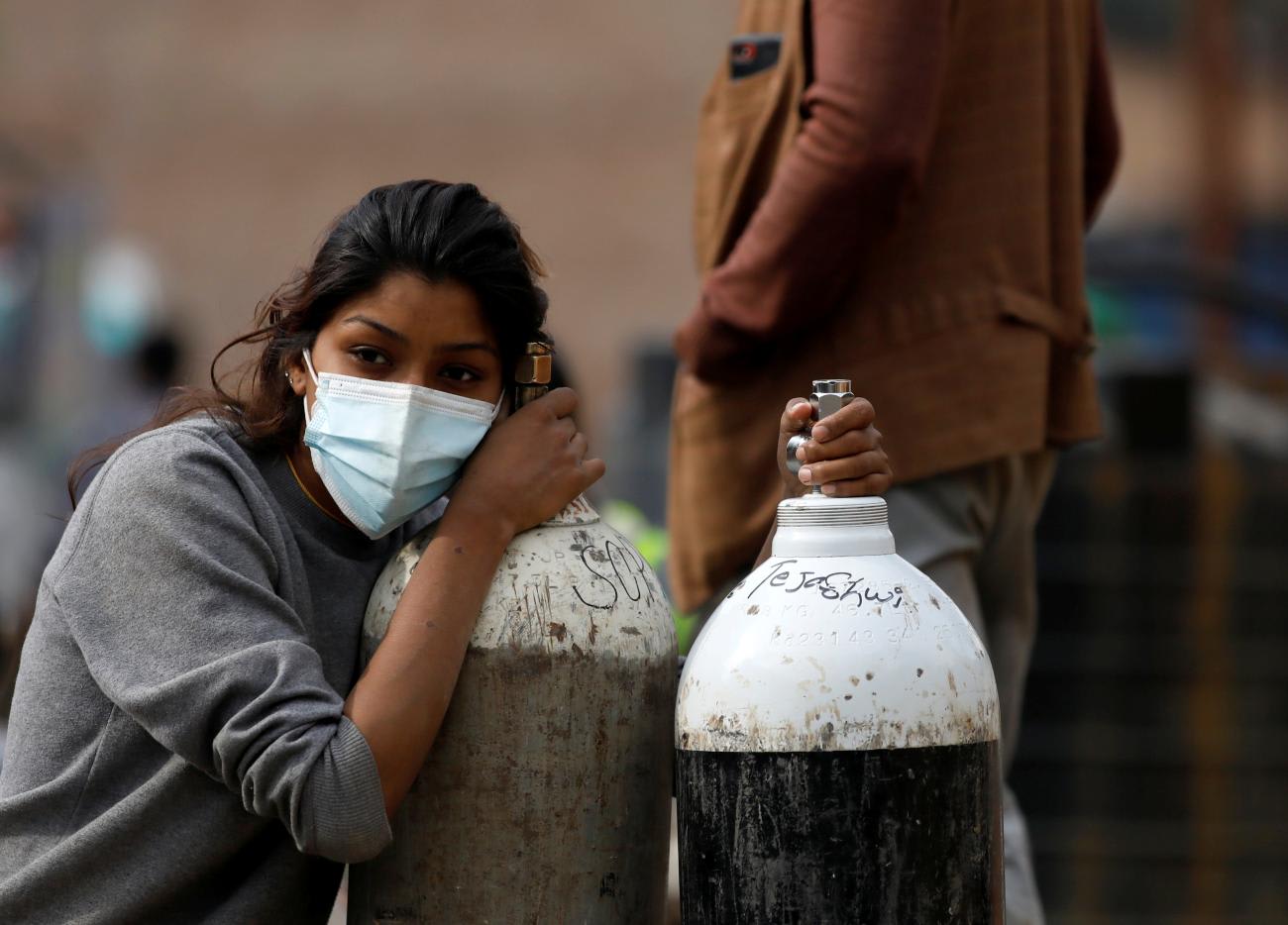
According to studies, many women who find themselves as caregivers describe feeling stuck. Those women have a higher risk of developing mental illnesses, including depression and anxiety; of feeling hopeless about the future; of blaming themselves for the setbacks of their charges; and of growing resentful of family members. Female caregivers report feeling worse than their male counterparts, which adversely affects their patients. One of Dr. Rachana's patients, a female caregiver who expressed helplessness and despair, had threatened to kill her disabled son as well as herself. Patients with mental illnesses who observe their caregivers express negative emotions toward them are known to have worse outcomes than those who don't.
In this way, societal standards that burden women with demanding caregiving duties at the cost of their own social, sexual, and economic needs hurt them as well as the people they are caring for.
Doctors and nurses should undertake measures to prevent this from happening. It is crucial both to recognize caregivers as important parts of the treatment team who have a significant impact on outcomes and to explore their concerns and needs. Acknowledging the role of gender in worsening caregiver burden and burnout is essential. Strategies for alleviating the pressure applied on women in the name of familial duties are also essential. These measures will not only improve the quality of life of the women undertaking these duties but also help society move toward more gender equality by freeing women to pursue education, careers, and higher social status.
On an individual level, media campaigns should raise awareness among women of their right to fulfilling lives and help them unlearn societal expectations they may be trying to meet. On a familial level, men can also embrace more caregiving duties, which would defy gender stereotypes and the perception that men who nurture are weak. Health-care providers should ask caregivers, in addition to patients, about their well-being and make a point of addressing situations in which caregiving burden falls asymmetrically on women. It could also be worthwhile to provide female caregivers with financial incentives and organize social support groups in inclusive spaces where these women can express their feelings and meet other people in similar situations. Ensuring the accessibility of these spaces in terms of geographical distance and social acceptance for these women is essential.
After the young woman who had mistreated her mother told me her fears, I was able to talk with her father and her brother about her concerns. After that conversation, the men felt empowered to care for the patient. My colleagues and I taught them strategies and methods and encouraged them to share the burden of care more equally. When I discharged the patient, the young woman told me she felt hopeful that once her father gains confidence in his caregiving abilities, she could be able to resume her studies.
